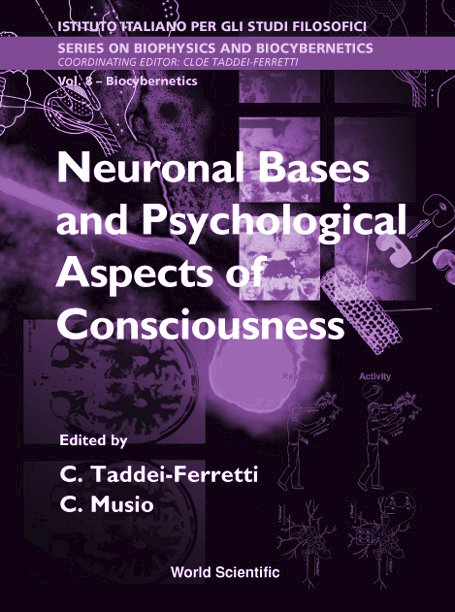CONSCIOUSNESS AND COMPUTABILITY IN HUMAN BRAIN
In this papers the three main types of theory about the mind–body relationship — the monistic one, the dualistic one and the dual one — are discussed with respect to many related themes concerning the foundations of logic and mathematics. Particularly, it will be discussed the strict relationship existing between not-finitary theories about logic and mathematics foundations ad mind theories negating to individuals the capability of universal thinking. All these foundation theories are however characterized by a discouraging lack of effectiveness in computations that contrasts with the effectiveness of brain operations. In this way, a particular approach to the problem of foundations is discussed. It is inspired to Thomas Aquinas' theory of foundations and fits with the requirement of a more "dynamic" approach to the problem of foundations.


